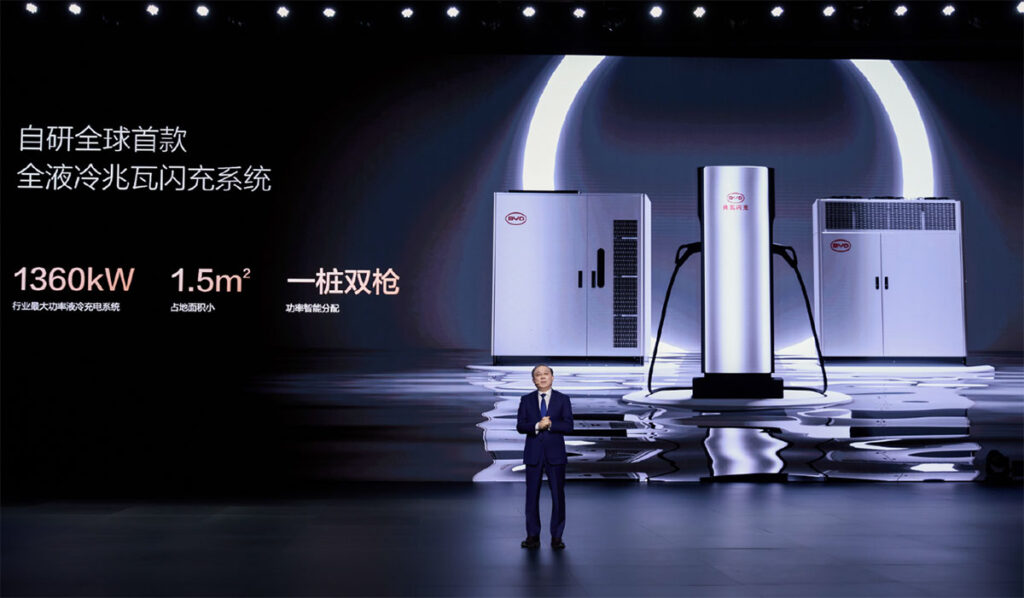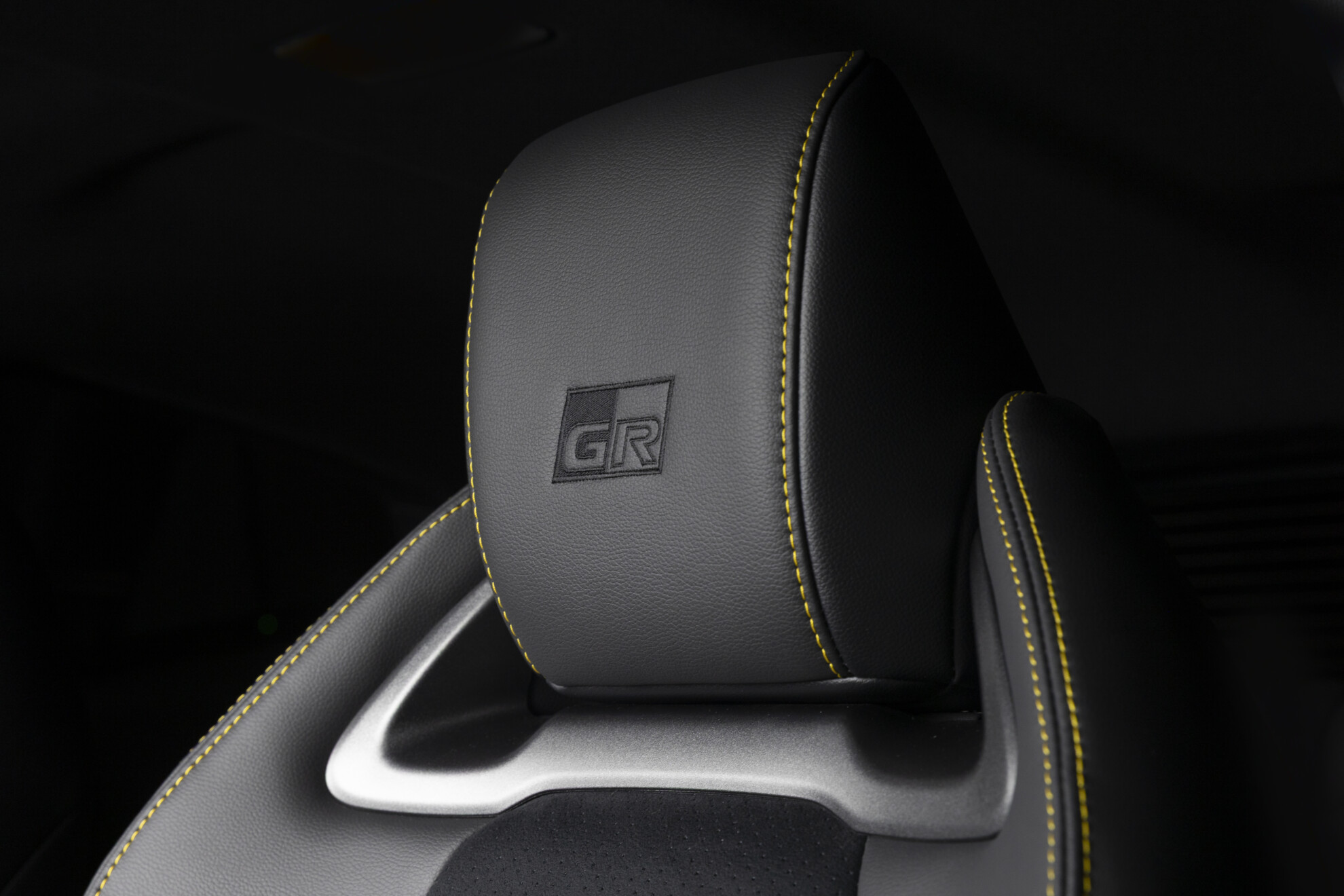
BYD, a leading Chinese electric vehicle manufacturer, is set to revolutionize the EV industry with its new “flash charging” technology. This innovation promises to significantly reduce charging times, addressing one of the main barriers to widespread EV adoption. The announcement comes as BYD plans to expand its market presence in Europe and South Africa, aiming to install hundreds of these fast-charging stations by 2026.
BYD’s stock has experienced fluctuations recently due to geopolitical tensions between the US and China. Despite this, the company is making headlines with its aggressive market expansion and technological advancements. Earlier this year, BYD unveiled its Super E-platform, which features a 1,000-volt architecture. The first models based on this platform, the Han L EV and Tang L EV, are equipped with high-performance Blade batteries and cutting-edge silicon carbide power chips.
Unveiling the Super E-platform
At the core of BYD’s new platform is the ability to support ultra-fast charging. These “flash charge” batteries boast a 10C charging rate, the highest among mass-produced traction batteries globally. According to BYD founder and CEO Wang Chuanfu, the Super E-platform can deliver up to 1,000 kW of peak charging power, allowing vehicles to gain 400 km (249 miles) of range in just five minutes. However, it’s important to note that these range estimates are based on the optimistic CLTC testing standard, which typically results in higher figures than the US EPA estimates.
The Importance of Fast Charging
Fast charging is crucial for increasing EV adoption as it alleviates drivers’ concerns about lengthy charging times. Wang Chuanfu emphasized the company’s commitment to making EV charging as quick as refueling a gasoline vehicle. While megawatt charging is often discussed in the context of heavy-duty trucks, BYD is bringing this capability to passenger vehicles today. The company plans to introduce its flash chargers in Europe and South Africa, using a single cable to achieve the 1,000 kW maximum DC charging power.
Expansion into Europe and South Africa
BYD’s European expansion includes the installation of 200 to 300 flash charging stations by mid-2026. These stations will primarily serve BYD’s premium Denza brand. Meanwhile, in South Africa, the company aims to triple its dealer network and install flash chargers across the country, including along major highways. The chargers will be powered by a combination of grid electricity and solar energy, enabling infrastructure development beyond major urban centers.
Strategic Partnerships and Future Plans
BYD has already deployed several hundred flash chargers in China this year and has entered partnerships to expand its network further. The company plans to establish over 15,000 megawatt charging stations in China alone. Despite its investment in South Africa, BYD currently has no plans to build a vehicle or battery manufacturing plant in the region, as it continues to assess the market potential.
“By the end of next year, we will have 200 or 300 flash charging stations in South Africa,” said Stella Li, BYD Europe CEO, highlighting the company’s ambitious expansion plans.
Implications for the Global EV Market
The development of BYD’s flash charging technology represents a significant step forward in the global EV revolution. As more manufacturers push the boundaries of fast-charging capabilities, the infrastructure to support these advancements is also evolving. Companies like Alpitronic and Phoenix Contact are developing new cooling systems and connectors to handle the increased power demands.
While the US administration’s policies may slow domestic EV progress, the rest of the world continues to advance rapidly. BYD’s innovations and strategic expansions underscore the global momentum toward cleaner transportation solutions. As the EV landscape evolves, countries that delay embracing these technologies risk falling behind in the race for sustainable mobility.
Looking ahead, BYD’s flash charging technology could set a new standard for the industry, driving further innovation and adoption. As the company continues to expand its global footprint, it remains poised to play a pivotal role in shaping the future of electric vehicles.







